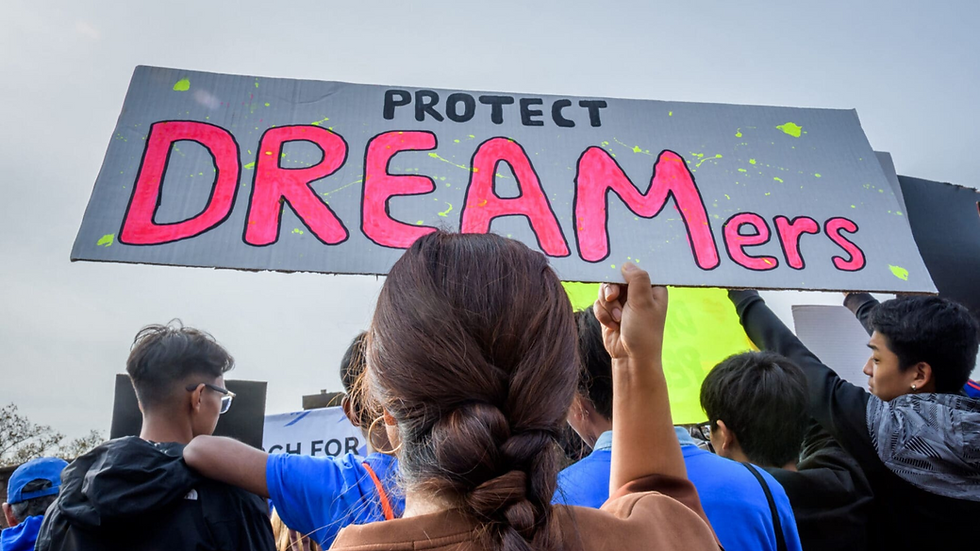The Hidden Triggers That Can Lead to Deportation — Even for Long-Term Residents
- Shan Potts

- Aug 11, 2025
- 2 min read

For many long-term residents, the idea of deportation seems like a distant concern — something that only happens to people with recent arrivals or those without legal status. Unfortunately, the reality is far more complex. There are hidden triggers that can lead to deportation even for people who have lived in the United States for decades, raised families here, and contributed to their communities.
Old or Minor Criminal Convictions Can Be Hidden Triggers
One of the most overlooked triggers is an old conviction — even for something that seems “minor” or long in the past. Immigration law treats certain offenses as deportable, regardless of how much time has passed or whether the sentence was served. Crimes involving moral turpitude, drug offenses, or aggravated felonies under immigration law can all lead to removal proceedings. California’s post-conviction relief options, such as CA §1473.7, can sometimes erase or amend a conviction that is causing immigration harm.
Missed Address Updates with USCIS
A simple failure to update your address with USCIS within 10 days of moving can result in missing critical court notices. If you don’t appear for a hearing because you never received the notice, an in-absentia deportation order can be issued. This is one of the easiest mistakes to avoid — but one of the most common hidden triggers that can lead to deportation.
Status Violations and Overstays
Even long-term visa holders can inadvertently violate their status. Working without authorization, staying beyond the authorized period, or engaging in activities outside the scope of your visa can make you removable. These violations can sometimes go unnoticed for years — until they come up during an application for renewal, adjustment of status, or naturalization.
Past Immigration Fraud or Misrepresentation
Misrepresentation doesn’t always mean forging documents. Even innocent mistakes — like misunderstanding a form question — can be treated as fraud if USCIS believes the wrong information was intentional. This includes prior entries under a different name, inconsistent work history, or inaccurate marital status.
Public Charge or Benefit Issues
Although rare, allegations of becoming a “public charge” or receiving benefits you weren’t eligible for can be used as grounds for removal. This risk is higher if you applied for benefits without understanding the immigration consequences.
Protecting Yourself from Hidden Triggers
The good news is that many of these issues can be identified and addressed before they cause irreparable harm. Regular legal check-ups — especially before filing any immigration application — can reveal risks early. Post-conviction relief, careful document reviews, and keeping your records current are all proactive steps you can take.
If you’re unsure whether you’re at risk, speak with an immigration attorney who understands both the law and the enforcement trends in your area. Remember: avoiding these hidden triggers that can lead to deportation isn’t just about staying in compliance — it’s about securing your life, your family, and your future in the United States.




Comments